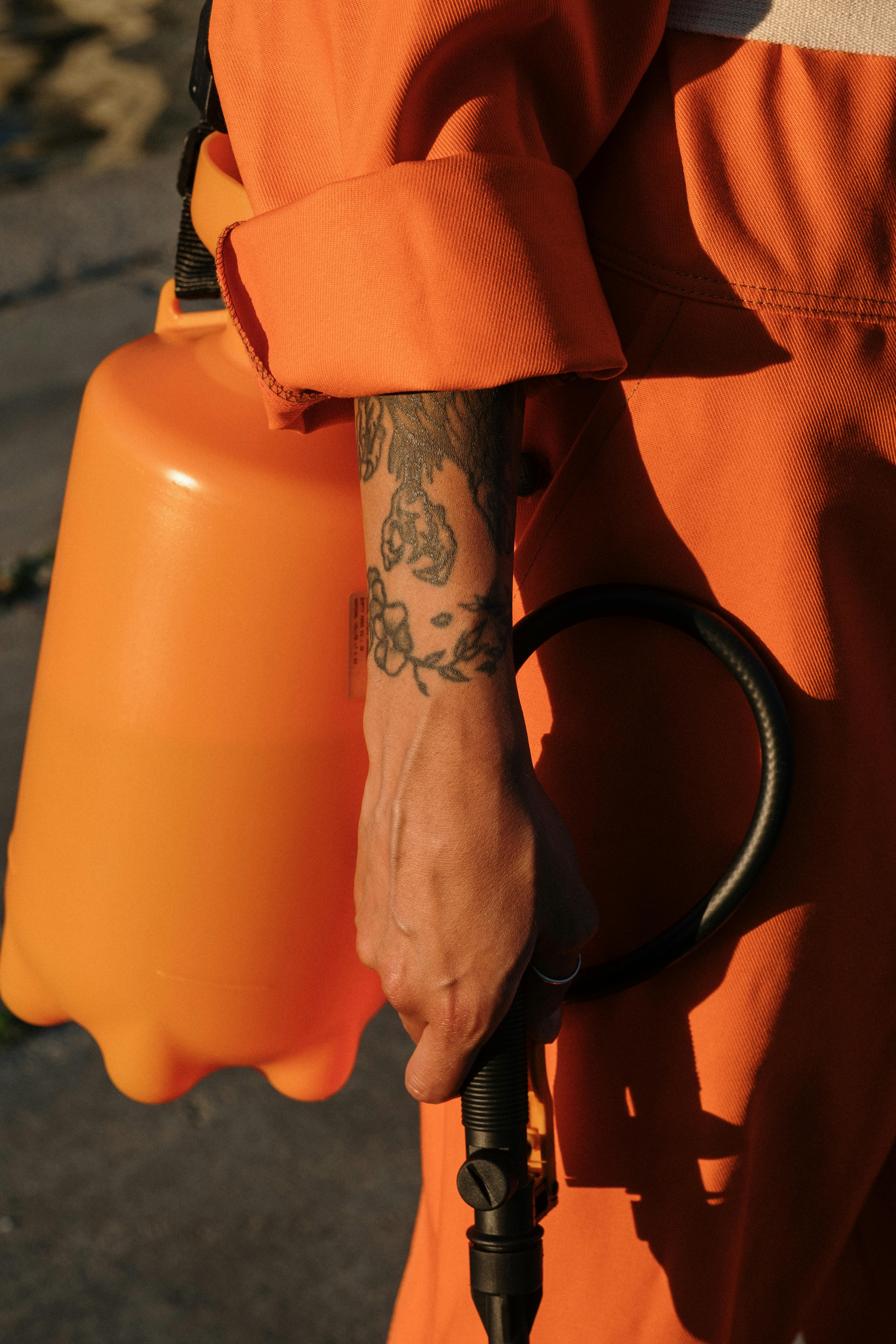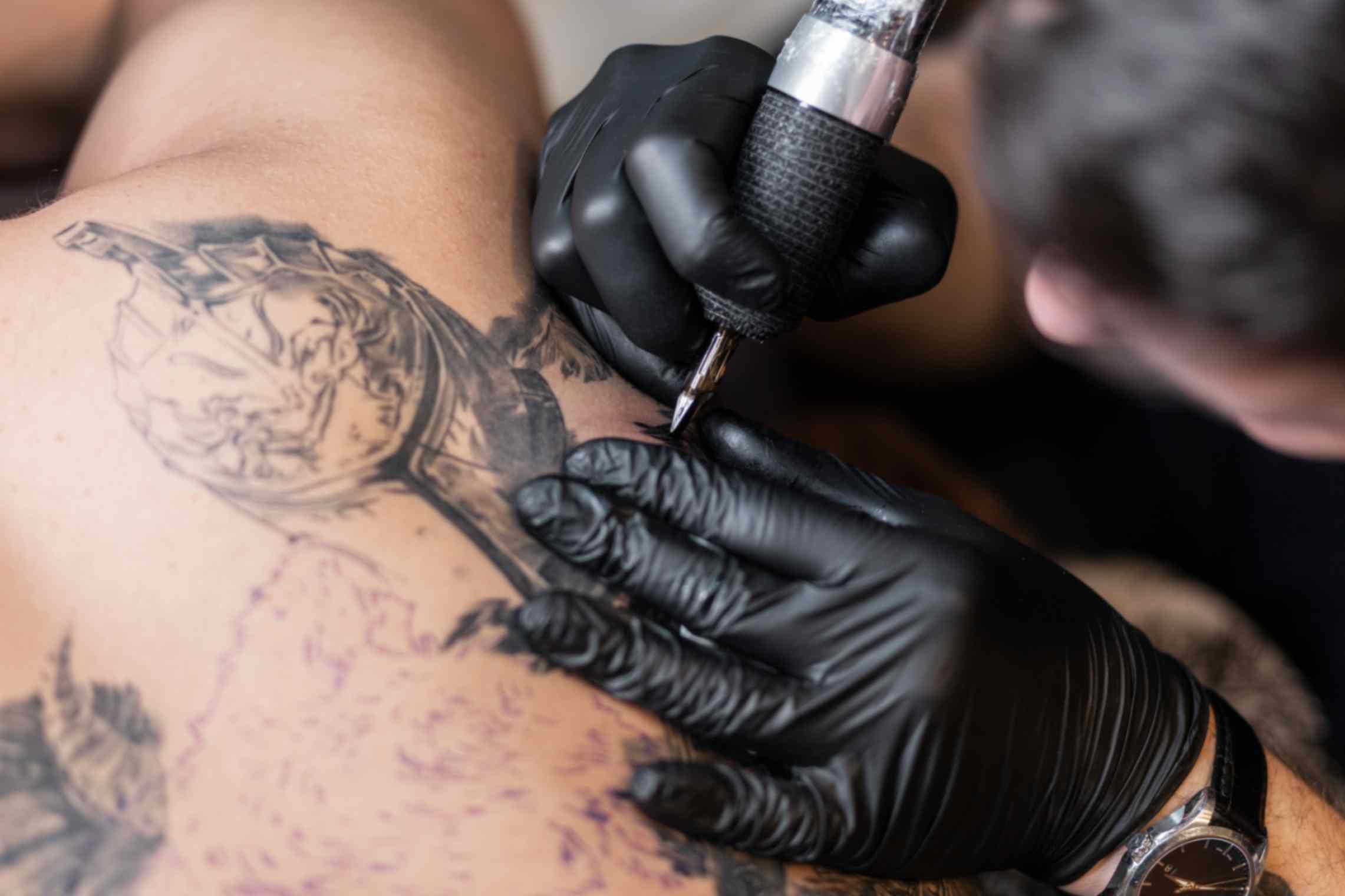Tattoo Apprenticeships: Learning the Importance of Hygiene from Day One

For aspiring tattoo artists, the apprenticeship phase is where discipline, technique, and responsibility are built. While learning line work, shading, and proper handling of the tattoo machine is essential, one lesson stands above all: hygiene. From the very first day, a tattoo apprentice must understand that the safety and health of clients are just as critical as artistic ability.
Tattooing involves puncturing the skin with needles, making hygiene practices non-negotiable. Apprentices are not just learning how to handle ink but also how to create a clean, sterile environment. This begins with understanding how to clean a tattoo gun, how to sterilize equipment, and how to manage cleaning routines before and after each session.
Why Hygiene Comes First
Tattooing poses real risks of infection and disease transmission if proper precautions are not followed. An apprentice quickly learns that sterilizing equipment for tattooing is not optional; it’s a critical responsibility. The consequences of neglecting proper hygiene range from minor skin infections to severe health complications.
Apprentices are taught to treat every surface, tool, and machine as a potential contamination point. Gloves, disinfectants, and single-use items become part of the daily routine. The importance of understanding how to clean tattoo machines and maintain hygiene standards cannot be overstated.
Understanding Sterilization and Cleaning Equipment
The backbone of hygiene in tattooing lies in proper sterilization and cleaning practices. Tattoo machine sterilization involves more than wiping down surfaces. Apprentices must learn how to clean a tattoo machine thoroughly using approved tattoo sterilization supplies. This includes disassembling machines, soaking parts in disinfectant, and using an ultrasonic cleaner when necessary.
Sterilization tattoo practices often incorporate autoclaves, which use high-pressure steam to kill bacteria, viruses, and spores. Every apprentice must be trained in using this equipment safely and effectively. Tattoo sterilization supplies like disposable needle cartridges, barrier films, and disinfectants are essential items that must be stocked and used correctly.
Daily Routine and Equipment Maintenance
Each day begins with preparing the workspace. This includes disinfecting all surfaces and setting up with fresh, sterilized tools. Tattoo cleaning supplies are laid out and machines are checked to ensure they are working properly.
Knowing how to clean tattoo machines means understanding which parts can be disinfected and which must be sterilized. Tattoo gun cleaner solutions are used to break down ink residue and biological matter that could harbor bacteria. An apprentice learns to disassemble and clean the tattoo gun after each use, making sure every component is safe for the next client.
Cleaning tattoo equipment involves more than just the tattoo gun. Clip cords, power supplies, and work surfaces all require attention. Apprentices are taught to follow protocols that include using barrier wraps and cleaning solutions that meet industry standards.
The Role of Mentors in Hygiene Training
Mentorship plays a critical role in hygiene training. A responsible mentor insists that hygiene is never compromised. Before an apprentice is allowed to touch a tattoo machine, they must demonstrate proficiency in cleaning and sterilizing procedures.
Apprentices are observed during cleaning routines, corrected when mistakes are made, and constantly reminded of the stakes involved. Tattooing is not just art; it’s a practice that affects human health. A good mentor ensures that every apprentice understands that.
Learning to Think Like a Professional
Professional tattoo artists don’t just follow hygiene routines because they have to; they follow them because they know what’s at risk. Apprentices must internalize the mindset of treating each session as if their license and reputation depend on it—because it does.
From their first day, apprentices learn to be meticulous with tattoo cleaning supplies. They learn to question the cleanliness of a setup, to re-clean if necessary, and to never cut corners. Tattoo machine sterilization becomes second nature. By consistently using the right tattoo gun cleaner and understanding how to clean tattoo equipment properly, they build lifelong habits.
Compliance and Industry Standards
Tattoo hygiene is also governed by health regulations. Apprentices are educated on local laws regarding cleaning tattoo machines and sterilizing equipment. Failing to comply can result in fines, closures, or even permanent bans from the profession.
Training includes keeping records of cleaning routines, documenting sterilization cycles, and ensuring that all tattoo sterilization supplies are within expiration dates and stored correctly. Every apprentice must be ready for a health inspection at any time.
A Culture of Cleanliness
Perhaps the most important lesson a tattoo apprentice can learn is that hygiene is not a task but a culture. It’s the foundation on which trust is built with clients. When someone agrees to get a tattoo, they are placing their health in the hands of the artist. That trust begins with visible, rigorous cleanliness.
From the placement of gloves to the choice of cleaning tattoo equipment, everything speaks to a commitment to safety. Apprentices who embrace this culture are not only protecting their clients but also showing respect for the craft and its long-standing traditions.
Conclusion
Tattoo apprenticeships are more than artistic training; they are a rigorous introduction to a high-responsibility profession. Hygiene, taught from day one, is the first and most important lesson. By learning how to clean a tattoo gun, mastering tattoo machine sterilization, and handling tattoo cleaning supplies correctly, apprentices build a foundation of professionalism.
This attention to cleanliness sets the tone for their entire careers. It shapes how they work, how they are perceived, and how safe their clients feel. For those serious about tattooing, hygiene isn’t just another lesson—it’s the core of the profession.
Note: IndiBlogHub features both user-submitted and editorial content. We do not verify third-party contributions. Read our Disclaimer and Privacy Policyfor details.







